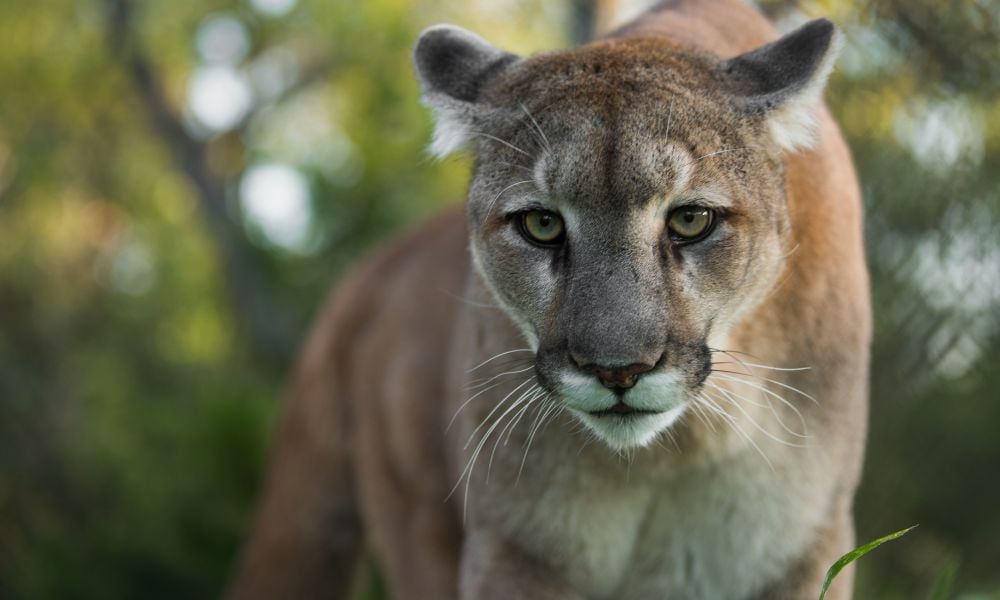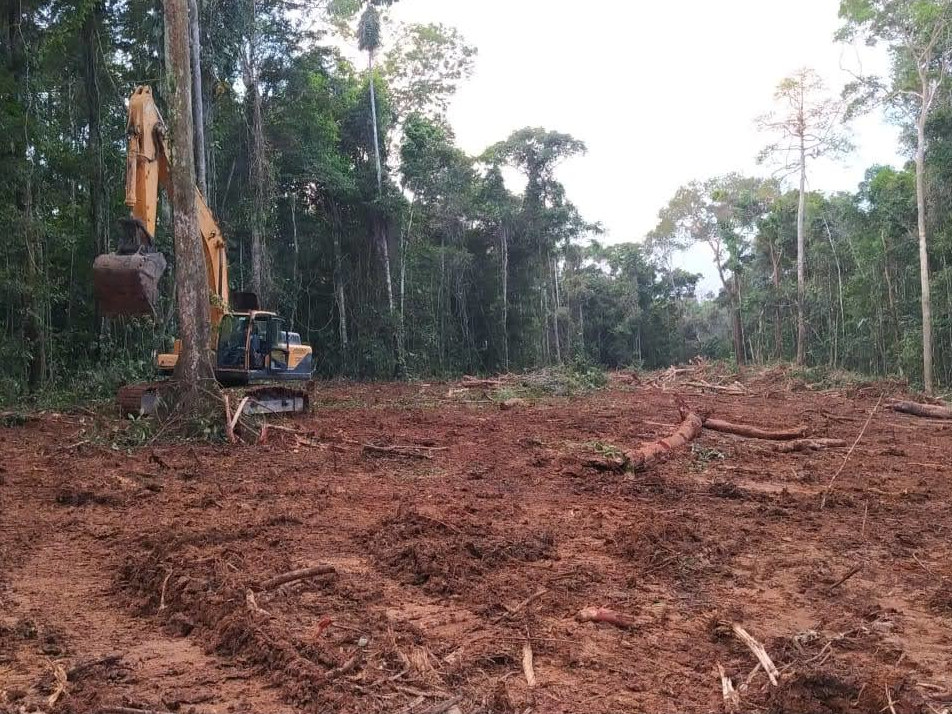- DEN Enews
- Posts
- DEN Enews
DEN Enews
Fourteenth Week after Pentecost

Welcome to the Enews for August 27th

The Countdown is on!
Are you celebrating The Feast of Creation on Sept. 1st? Send us pics and stories. Share what you are doing with others as inspiration.

Pray with us each week during the Season of Creation
You are Invited to a Celebration of God Our Creator and All of Creation
Season of Creation is a global ecumenical moment of prayer and action for creation, celebrated from September 1 to October 4.
During this time, communities around the world come together to celebrate God, the Creator and reflect on the importance of caring for the planet and taking concrete action for its conservation.
DEN is offering the opportunity, beginning September 2, for 5 weeks of prayer and reflection Monday evenings 7:00 – 8:00 ADT on Zoom.
Meeting ID: 846 6310 9087
Passcode: 388173
Why not come and join us? Make the commitment for 5 weeks to pray and reflect with others on the responsibility we have to care for the whole of Creation.
We look forward to seeing you there!

Be part of the movement for hopeful change! This Season of Creation, why not start a Faithful Climate Conversation? Talking about climate is a first step, a step that brings hope. For the Love of Creation is here to support you with step-by-step guides, an inspirational video (https://fortheloveofcreation.ca/sustainable-brandona.../) and stories (https://fortheloveofcreation.ca/.../faithful-climate.../) from people just like you who picked up the challenge. Get started today! (https://fortheloveofcreation.ca/engagement/)

This is GREAT News!!
Advocacy makes a difference! This is truly the HOPE & ACT in the Season of Creation Theme
A few months ago, DEN shared a petition on orangutan diplomacy in Malaysia. The issue was orangutans were being deported as gifts to palm oil buying countries. We are very happy to report that this petition was a success and resulted in this action being stopped. A minister in Malaysia recently announced it was “decided that our orangutan diplomacy means that orangutans cannot leave their natural habitat.” Palm oil trade partners will instead be invited to symbolically adopt an orangutan and participate in on-site conservation efforts. Thank you to all who supported this petition and helped create this change!
News from Grandmother Birch:
Grandmother Birch will be at the Mabou Farmers market on September 1st.
We will have an assortment of potted trees and shrubs and herbaceous perennials for your forest garden and permaculture projects, including:
Northern Red Oak, Bur Oak, Black Walnut, Heartnut, Chinese Sweet Chestnut, Black Locust, American Persimmon, Kentucky Coffee Tree, American Black Elderberry, Horse Chestnut, American Plum, White Mulberry, Honey Locust.



With thanks to Eva Evans & Jesse Hamilton
If you live on this planet, you can thank Antarctica. This continent helps stabilize our climate, and its waters provide nutrients for fish around the world. It is also the only continent on Earth that is dedicated to peace and science. But Antarctica is facing an increasing number of threats. With melting ice, warming waters, higher temperatures, and increased fishing, Antarctica and all of the creatures that live there (for example the world’s largest penguin which can hold its breath for 30 minutes and plunge deeper than 1,500 feet in pursuit of a meal) need us more than ever. With its 26 member countries, CCAMLR, or the Commission on the Conservation of Antarctic Marine Living Resources, has the power to establish three large marine sanctuaries. MPAs have been shown to vastly increase biodiversity, abundance and ecosystem health, and provide resilience to climate change. Collectively, these MPAs would protect almost 4 million square kilometers, an area the size of the entire European Union, and be the largest act of ocean protection in history!
All around the world, bears are being targeted for their bile, which has been used in Chinese medicine for thousands of year. Despite Chinese physicians condemning the bear bile trade and even though synthetic, cruelty-free alternatives to bear bile are available, the trade is still rife. On factory farms, bears - or “bile bears” as they’re commonly called - are often kept in cages so small they cannot even turn around. Bears can survive up to 35-years in captivity, meaning they can spend decades trapped in these conditions. Their bodies may contort to fit inside the cage, and many of these animals have few teeth left from chewing desperately on the bars. Today, it’s estimated that more than 12,000 bears are confined on these factory farms and painfully "milked" for their bile. Consider signing your name to this Species Unite petition to the US Congress urging the passing of the Bear Protection Act. If passed, it will help to end the U.S.’s involvement in the bile trade by outlawing the importation, exportation, and interstate trade of bear gallbladders.
The mountain lions of Colorado have a chance to be protected from trophy hunting with a new measure that Canadians can support. Right now, hundreds of these animals face the risk of being killed by hunters. This can disrupt the ecosystem and take the lives of mothers. Dog packs and electronic devices are used, and trophy hunters often discard the perished animal in a wasteful way. The proposed initiative would ban the trapping and trophy hunting of mountain lions, bobcats, and lynx. Take a moment to stand for the right these amazing creatures have to be free to live.
Did you know animal agriculture is responsible for 14.5% of global greenhouse gas emissions? There are numerous environmental benefits to a plant-based diet. For example, research has shown if Canadians reduced animal food consumption by 50% by 2030 it would reduce our emissions by 16% or 13.5 Mt. This would be enough to meet our climate targets, along with costing 11% less compared to other available options. Several universities, hospitals, and cities already have plant-focused menus to reduce emissions. Our government can further this through education, federally funded food programs, and limiting growth of industrial animal agriculture while supporting small-scale farmers using sustainable practices. Let’s transform Canada’s food system with this official House of Commons petition.
A year ago, the people of Ecuador voted to keep crude oil permanently in the ground underneath Yasuní National Park. This area is an incredibly biodiverse rainforest home to many endemic and threatened species. In a single hectare, Yasuní has over 100,000 different species of insects, which is roughly the amount found in all of North America! It is home to several Indigenous Peoples, including those uncontacted and in voluntary isolation. Yasuni is also a designated UNESCO Biosphere Reserve and holds waterways that lead into the Amazon River. There are so many reasons to protect this precious place, which is why the citizens already voted to do so. Almost nothing has been done to implement last year's referendum.August 20th was the deadline to end oil activities, close all wells and roads, dismantle existing infrastructure, remediate and restore the area. Please join in pressing Ecuador’s president to respect democracy and immediately end oil drilling in this amazing biodiverse region of our world.

with thanks to Claudia Zinck
Growing Hemp
When I first learned the word HEMP, it was just another word for rope. Children were sent to sheds to get “a hank of hemp”. Hemp tied up the boats or was used on the barn pulleys.
Then came the days when marijuana was called hemp. It is a different plant but from the same species, without the party benefits. It gave hemp a bad name and now we send kids to the shed for a coil of rope.
As a plant, what good is hemp?
Hemp loves carbon. For every ton of hemp grown, over a ton and a half of carbon is removed from the environment.
The leaves make a great fertilizer for other plants.
Hemp grows 4 meters (12 feet high), smothering weeds or really any other green matter that tries to grow under it. It is the perfect weed control.
Hemp roots grow deep and prevent erosion. Hemp is used in areas that are trying to prevent the loss of soil along cliffs and dunes.
It doesn’t require a lot of water so it grows great in arid areas.
Better still, hemp absorbs harmful toxins. It was used after Chornobyl to extract pollutants from the soil and groundwater.
Hemp is a great place for insects and birds to live. When the hemp flowers bloom, it gives the pollinators more food than they need.
Hemp grows that 12 feet high in 4 months. When an area is deforested and can take a decade to regrow, hemp can provide a greenery quickly.
Hemp is considered invasive like bamboo or the Chinese rhubarb plants. It is not good for our gardens. I wonder if anyone thought of hemp to prevent our local beach erosion? Would hemp bring back that gravel quarry? Invasive is not bad when trying to get anything green to grow or when preventing soil loss.
Every plant, mineral and animal has a purpose in this world. Hemp may be a little used, Earth Warrior.

Gardens
My Lilies were magnificent this year, bringing me such joy. What plants thrilled you this year? Please send us a picture to [email protected] or myself at [email protected].

Tin Can Mobile
This was a fun craft. Repurposing an old frisbee and a few tin cans we made a bright outdoor mobile (to try to chase more deer). I saved a few tins and painted them up (Grandma always has paint to use). I used my drill to make holes in the frisbee and a nail to make holes in the cans. Putting together with bits of string they look cute out by the mailbox (where I am told at daybreak the deer walk down the road and come in my driveway to visit).


Campfire Eats
It’s summer and time to do some different cooking if only for snacks. Campfires may not be safe at times but there is more than one way to cook these up.
Cinnamon Rollups
Open a package of crescent rolls. Sprinkle with cinnamon and sugar. Roll around a dowl. Many ways to cook. If the grill is over the campfire, lay them on the grill till they cook. Put them in a microwave or that oven in your trailer. Any way they taste good.
Jam tarts
We keep hamburg grilling wires for before-bed snacks. Make a jam sandwich and if you don’t have the pie irons, use the hamburger wires to toast your sandwich over the campfire.
Campfire Hand Pies
Picking up a pack of pie pastry and a can of pie filling gives a great desert. Cut each pie crust into 4. Put a spoonful of pie filling on the crust and wrap to make a hand pie. Bake or fry in an inch of oil. Fry the hand pies a few minutes to make hot deserts.
Campfire Pizza
Using your biggest fry pan make a crust and add sauce and toppings. By the time the bottom of the pizza is brown, the cheese is melted on top.
Cowboy beans
Nothing tastes better than beans cooked outdoors to Grandma. They may not be great indoors but campfire beans, straight from a can are great. Here is where you can add either can biscuits or homemade biscuits to the top of the beans to make a great supper.


From The Celebration Guide


